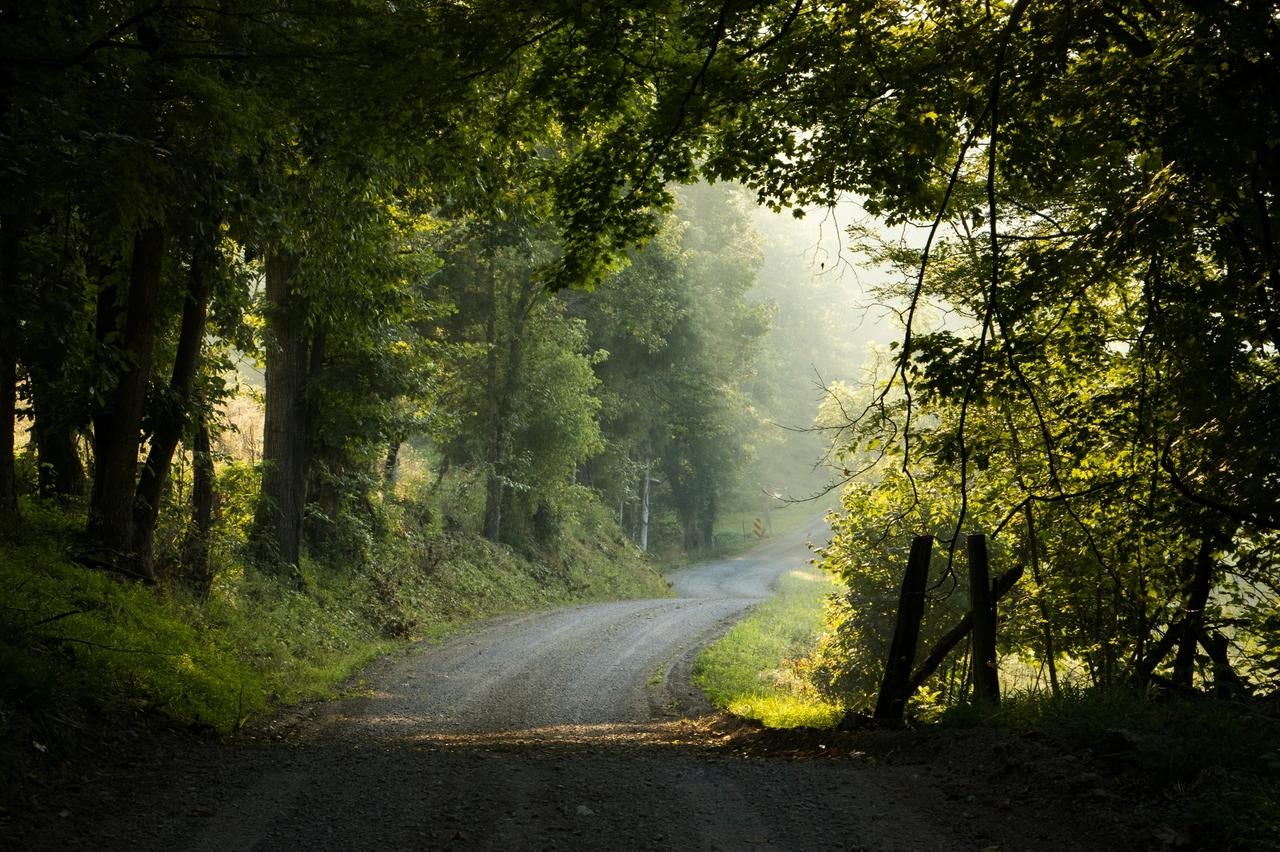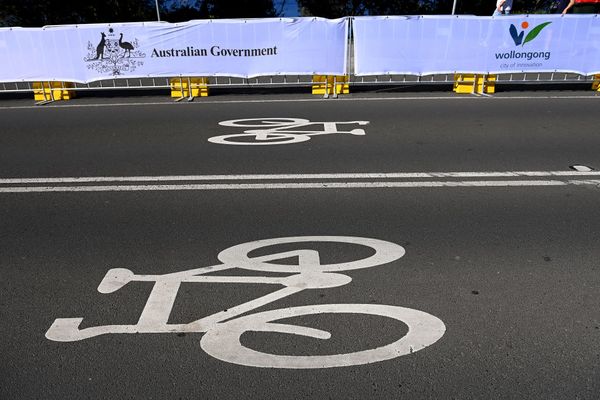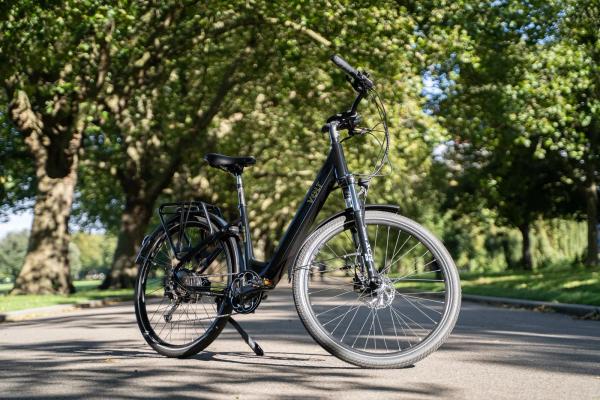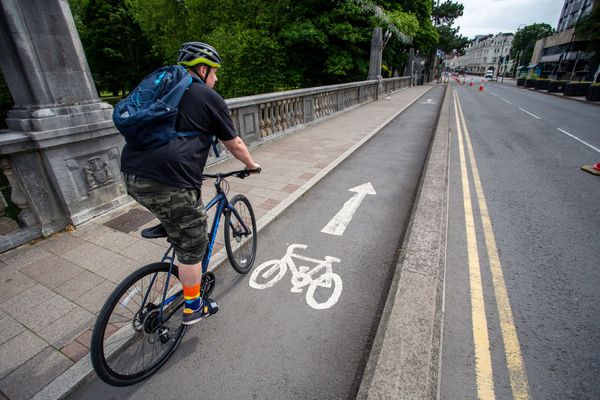The plan to save Virginia’s historic gravel roads from being paved over
Preservationists want to list Loudoun County's gravel roads on the National Park Service register, alongside Abraham Lincoln's house and the Statue of Liberty
James Howell-Jones
Junior Writer
Photo by Matthew Lancaster on Unsplash
The historic roads of Virginia
A 250-mile network of unpaved gravel roads in Virginia, USA has been submitted for protection under the National Register of Historic Places to prevent them being paved over.
The gravel roads of Loudoun County have been unchanged for hundreds of years, but as more suburban houses crop up in the county, there is increasing pressure from developers and residents to modernise the roads. Loudoun County is close to Washington D.C. and with the city sprawl encroaching further and further south, Loudoun County remains the closest undeveloped rural area.
For gravel cyclists, saving this network of roads is of utmost importance: this is one of the largest gravel networks in Virginia, possibly even the country, and host to the Loudoun 1725 Gravel Grinder.
Moreover, if this network achieves protection, it will send out a strong signal nationwide about the value of quiet, rural places for cyclists, hikers and residents. They might not allow drivers to move at speed, but it's for that reason that gravel roads make the country more peaceful and pleasant, and preserve something of the pastoral history of the United States.
Read more: 8 hidden gems of US gravel racing in 2024
How will they protect the roads?
To prevent that from happening, a group called America’s Routes have been fighting to get the network of roads onto the National Park Service’s register, and ultimately on the National Register of Historic Places, an official list of the USA’s historic buildings, districts, sites, structures, and objects worthy of preservation. This is an esteemed status; the National Park Service’s register includes Abraham Lincoln’s home and the Statue of Liberty.
If they are successful, any plans to pave or alter the roads would trigger a review, in which a host of different parties, including preservationists and the public, would have a say. It wouldn’t totally prevent these roads from being paved, but it would make it a lot more difficult to do so.
Why do they want to preserve them?
America’s Routes argue that the roads are part of American history: many of them follow Native American trails; some roads are lined by walls built by slaves; and parts are even sites in which key Civil War battles took place.
Additionally, they say that these routes are part of a rural way of life that is fast disappearing. Emily Houston, part of American History, told The Washington Post: “It’s a way to slow things down a little bit.”
“You get to know your neighbours. The road is the centre of your community in a way. Everybody is out walking their dog or riding their horses. One of your neighbours is driving by and you stop for a chat,” she explained.
Of course, the gravel roads are also immensely popular with cyclists. The gravel network in Loudoun County is one of the biggest in Virginia, and draws cyclists and tourists that contribute to the local economy.
Read more: The complete 2024 USA gravel race calendar
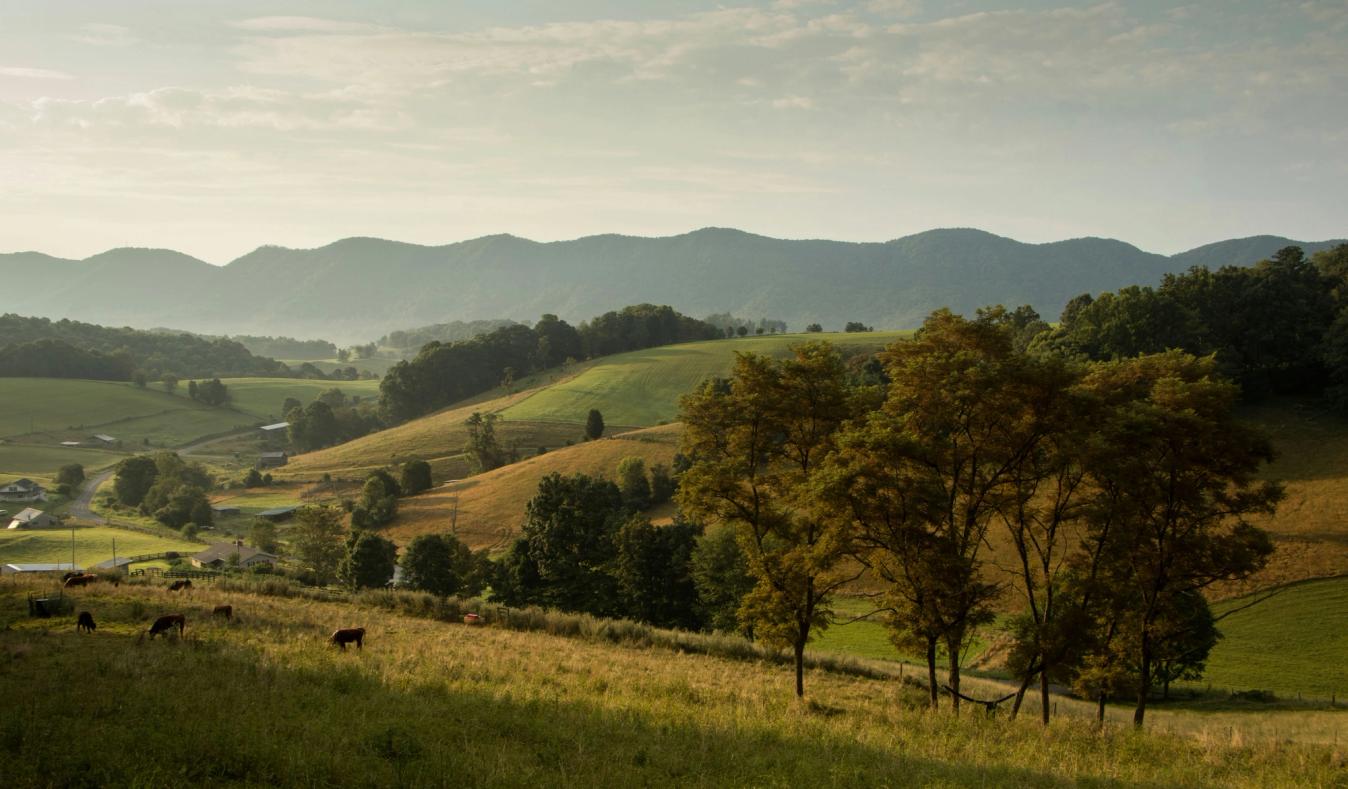
Photo by Matthew Lancaster on Unsplash
A pastoral landscape: Virginia, USA
Local authorities are under pressure to modernise the roads
The difficulty is that Loudoun County is one of the fastest-growing places in the country. It is only 50 miles from the capital, Washington D.C., it has an airport, and a growing tech hub. The Washington Post reports that the population in Loudoun County has increased seven-fold since 1980.
Some local people fear that preserving the gravel paths will put the brakes on further growth, with local businesses saying it reduces trade, and residents saying it makes commuting dangerous and uncomfortable. Adding further to the pressure to pave are housing developers, who offer to chip in for the cost of road development around their new properties, making it an easy decision for local authorities.
Progress so far
In 2020, another group called Preservation Virginia placed the gravel roads on a list of endangered historic sites. That same year, the Virginia Department of Historic Resources declared the roads potentially eligible for listing on the Virginia Landmarks Register and the National Register of Historic Places.
The next step is to document the long and extensive history of each of the roads, which will then be submitted to federal officials to review. In charge of that process of documentation is Jane Covington, a preservationist working with America’s Routes.
A spot on the register could save this tree-lined gravel paradise from becoming yet another suburban sprawl. However, given that the process of documentation is expected to take about a year, and the subsequent hearings longer still, campaigners will be hoping that the roads are still here to be preserved by the time the process has run its course.
For more gravel content, visit our adventure page.
